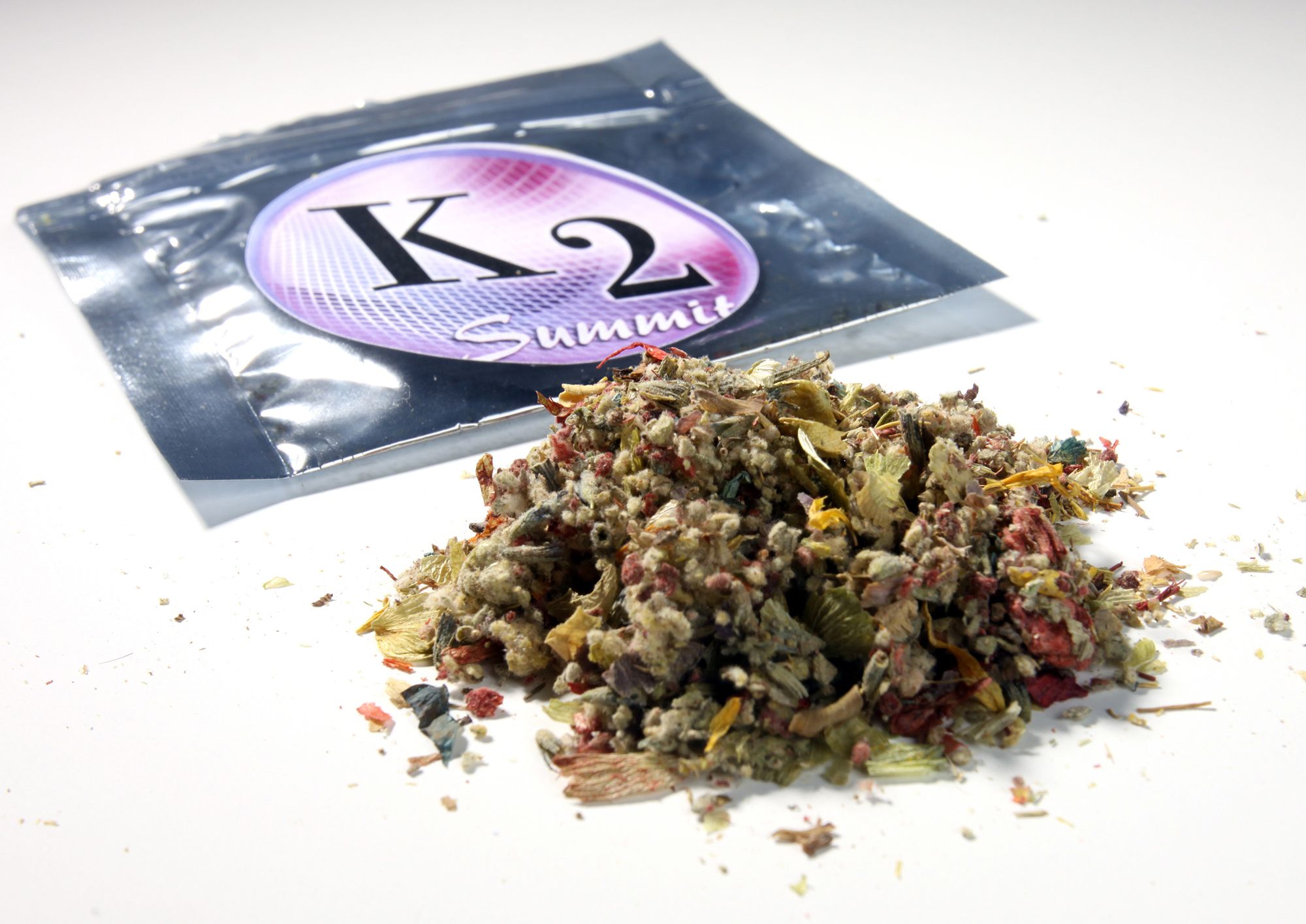Buy K2 Paper for Sale: Boost Your Marijuana Experience with Top Quality Products
Buy K2 Paper for Sale: Boost Your Marijuana Experience with Top Quality Products
Blog Article
Checking Out the Promising Applications and Favorable Impacts of Spice as a Synthetic Cannabinoid
In recent times, the expedition of artificial cannabinoids, specifically Spice, has triggered intriguing discussions within the medical and scientific neighborhoods. The prospective applications and influences of Seasoning in numerous healing setups have drawn attention for their distinct homes and effects on the human body. As research delves deeper into this artificial substance, revealing its resemblances and differences with all-natural cannabinoids, a nuanced understanding of its advantages and obstacles arises. This conversation intends to lose light on the encouraging methods that Seasoning offers in the world of health care and health, triggering a reevaluation of traditional techniques to cannabinoid-based therapies.
Therapeutic Possible of Flavor
Exploring the healing capacity of Spice, an artificial cannabinoid, includes a critical exam of its medicinal properties and possible clinical applications. Spice, additionally called synthetic cannabis, engages with the endocannabinoid system in a way similar to all-natural cannabinoids, such as those discovered in cannabis. This communication causes different physiological results that have actually stimulated rate of interest in its healing opportunities.
Studies have actually suggested that Spice may have potential as an analgesic, aiding to ease pain in problems such as neuropathic discomfort or chronic inflammatory discomfort - Buy K2 Paper For Sale. Additionally, its communication with cannabinoid receptors presents a chance for exploring its use in handling signs and symptoms of conditions like multiple sclerosis or chemotherapy-induced nausea or vomiting and throwing up

Discomfort Monitoring Conveniences
Seasoning, a synthetic cannabinoid, shows appealing potential suffering administration as a result of its analgesic properties and communications with the endocannabinoid system. The analgesic residential properties of Spice stem from its capability to modulate pain assumption pathways, using remedy for various sorts of pain, including neuropathic, inflammatory, and nociceptive discomfort. By targeting the endocannabinoid system, Flavor can control pain signals, lower inflammation, and reduce discomfort related to chronic discomfort conditions.
Studies have actually shown that Seasoning can properly minimize discomfort intensity and improve pain resistance in preclinical models of pain. This synthetic cannabinoid has actually demonstrated efficiency in handling discomfort signs and symptoms without triggering significant unfavorable effects typically linked with conventional pain medications. Additionally, Flavor shows possible in reducing opioid dependancy and misuse, using a much safer alternative for discomfort monitoring.
Neuroprotective Qualities
Artificial cannabinoids like Flavor have been increasingly identified for their potential neuroprotective buildings in you can try here reducing neuronal damages and promoting mind health and wellness. Researches suggest that these compounds may use neuroprotection through numerous systems, consisting of antioxidant results, anti-inflammatory homes, and modulation of natural chemical release. By engaging with the endocannabinoid system in the brain, synthetic cannabinoids can manage neuronal activity and possibly decrease the effect of neurodegenerative diseases or injuries.
One key element of the neuroprotective residential properties of Flavor is its capacity to regulate excitotoxicity, a process in which excessive excitement of neurons brings about cell damages or death. By controling natural chemical launch and wetting excitotoxic signaling pathways, synthetic cannabinoids might help guard neurons from harmful overstimulation. Furthermore, the anti-inflammatory effects of Spice might minimize neuroinflammation, which is commonly implicated in various neurological disorders.
Comparative Analysis With All-natural Cannabinoids
In comparing the neuroprotective residential or commercial properties of synthetic cannabinoids like Spice with those of all-natural cannabinoids, a nuanced analysis of their respective results on neuronal health and more tips here wellness is crucial. Natural cannabinoids, such as those discovered in the cannabis plant, have actually been extensively examined for their neuroprotective effects. These compounds communicate with the endocannabinoid system in the body, which plays a vital role in keeping neuronal feature and securing versus neurodegenerative conditions.

Regulative and Moral Considerations
Thinking about the prospective ramifications on human health and wellness and well-being, an assessment of regulatory and moral considerations surrounding the usage of synthetic cannabinoids contrasted to natural cannabinoids is imperative. Synthetic cannabinoids, like Seasoning, present distinct challenges due to their often unknown chemical compositions and strength variations. Regulative bodies face the overwhelming task of maintaining up with the fast development of new artificial cannabinoid substances, which can make it difficult to implement consistent and efficient policies.

To deal with these regulatory and honest challenges, policymakers must prioritize research study into the lasting impacts of synthetic cannabinoids and develop clear guidelines for their manufacturing, sale, and usage. Education projects are crucial to notify the public regarding the threats linked with artificial cannabinoids and advertise responsible intake methods. By taking aggressive steps, culture can better protect against the prospective harms posed by synthetic cannabinoids while supporting moral requirements and safeguarding public health and wellness.
Conclusion
Finally, the investigation into the therapeutic potential of seasoning as a synthetic cannabinoid has actually shown encouraging lead to discomfort monitoring and neuroprotection. Comparative evaluation with natural cannabinoids recommends similar benefits. Regulatory and ethical factors to consider need to be meticulously examined prior to widespread use. Generally, the favorable effects of spice as a synthetic cannabinoid warrant more study and exploration in the clinical area.
Report this page